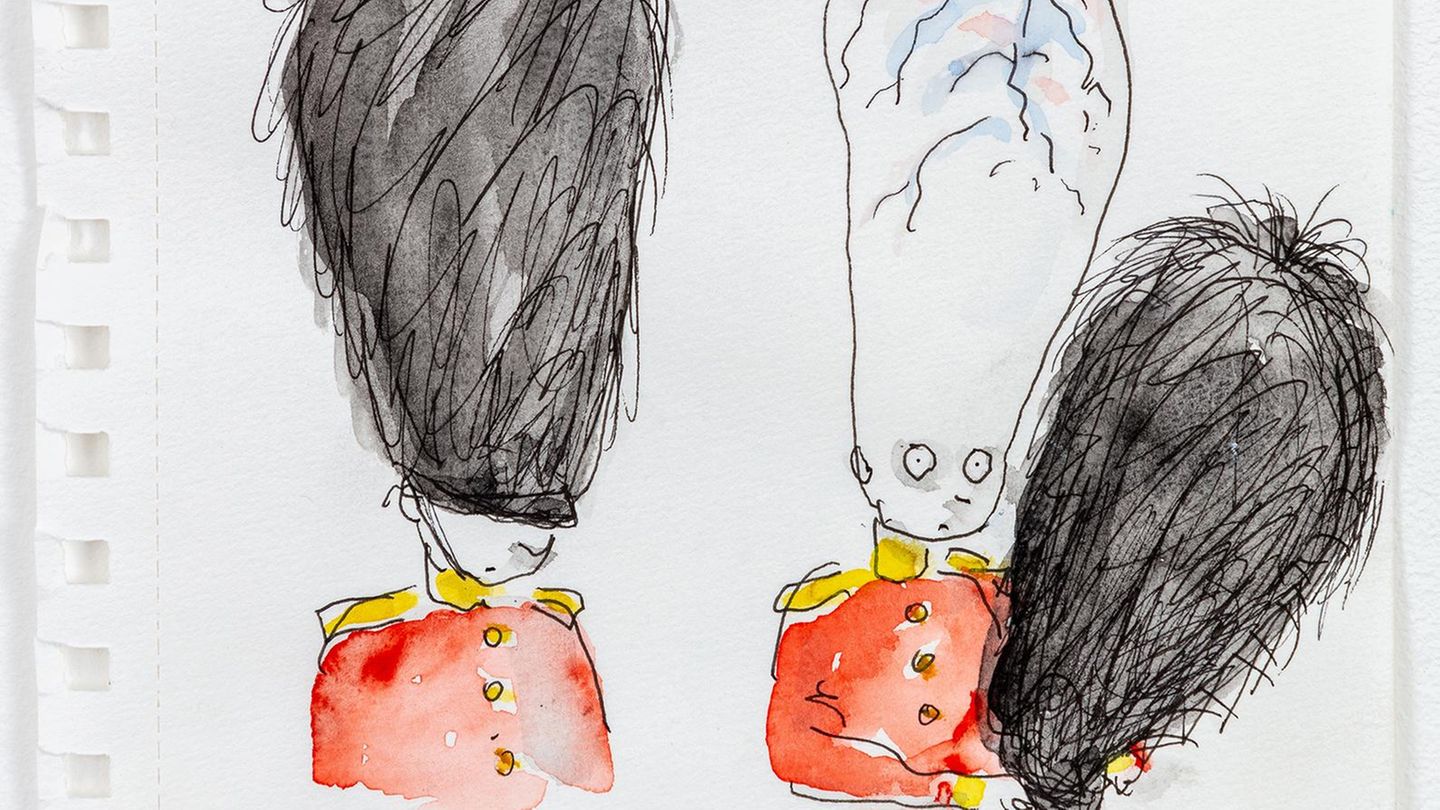After the end of the zero-Covid policy, the People’s Republic wants to start again economically. The rising power warns of growing risks in the world – and is heavily upgrading its military.
In view of growing tensions in the world, China wants to increase its military spending by 7.2 percent. At the start of the annual meeting of the People’s Congress, Prime Minister Li Keqiang warned of increasing global uncertainties in Beijing on Sunday.
In his report to the almost 3,000 delegates in the Great Hall of the People, Prime Minister Li Keqiang called for the modernization of the armed forces, which should “increase their combat readiness and improve their military capabilities”.
Growth target at “around five percent”
“Uncertainties in the external environment are on the rise,” said Li Keqiang. The prime minister set “around five percent” as the growth target for the second largest economy this year. Growth of 5.5 percent had already been targeted in the previous year, but the target was ultimately missed due to the burden of corona lockdowns, forced quarantine and mass tests. Only three percent could be achieved in 2022 – the second worst growth rate since 1976.
After the end of the zero-Covid policy three months ago, the prime minister, in his own words, expects the economy to recover significantly. However, he warned of unpredictability in the global economy and political pressure. “Global inflation remains high, global economic and trade growth is losing steam,” said Li Keqiang. “External attempts to suppress and contain China are escalating,” said the prime minister – a barely veiled reference to the United States, which Beijing is accused of wanting to hinder China’s rise in the world.
Increasing threats against Taiwan
The day before, a spokesman for the People’s Congress justified the increase in military spending with “complex security challenges” and China’s “responsibility as a great power”. In view of the increasing threats from Beijing against the democratic island republic of Taiwan, China’s disputed territorial claims in the East and South China Seas and increased rivalry with the USA, the increased expansion of the Chinese military is viewed with concern.
The prime minister spoke out firmly against Taiwan’s independence and called for “peaceful reunification”. “We Chinese on both sides of the Taiwan Strait are one family – connected by blood.” China regards the geostrategically important island as part of the People’s Republic and is threatening to conquer it. Taiwan, on the other hand, has long considered itself independent. Tensions have increased recently. After Russia’s invasion of Ukraine, concerns are growing internationally that China could take similar action against Taiwan.
In his hour-long report, the Prime Minister did not say a word about the Russian war of aggression against Ukraine. A week ago, China presented a position paper on the war that disappointed internationally because it showed no new initiative to settle the conflict. There is also no indication that China wants to use its influence on Russia. In fact, since the invasion began a year ago, China has backed Russian President Vladimir Putin.
Xi Jinping stays in power
The focus of the session of the People’s Congress, which lasts until March 13, is the formation of the new government. Party leader Xi Jinping will continue to consolidate his power by promoting close confidants. At the party conference in October, the 69-year-old defied previous age and term limits and anchored his permanent leadership role in the party constitution. He is to be confirmed on Friday for a third term as president – something that has never happened before in China.
After two terms in office, the 67-year-old Premier Li Keqiang is retiring for reasons of age. He also did not belong to Xi Jinping’s camp. Former Shanghai party leader Li Qiang (63) has been chosen as the new prime minister, and his appointment is expected to be approved on Saturday. Xi’s longtime close follower is said to have economic expertise. He is not considered an ideologue or a simple “yes man” but rather a pragmatic manager.
The posts of deputy prime minister and top positions in the Treasury, the powerful Reform and Development Commission (NDRC), the central bank and the banking and securities regulator are also being filled.
Source: Stern
I have been working in the news industry for over 6 years, first as a reporter and now as an editor. I have covered politics extensively, and my work has appeared in major newspapers and online news outlets around the world. In addition to my writing, I also contribute regularly to 24 Hours World.




